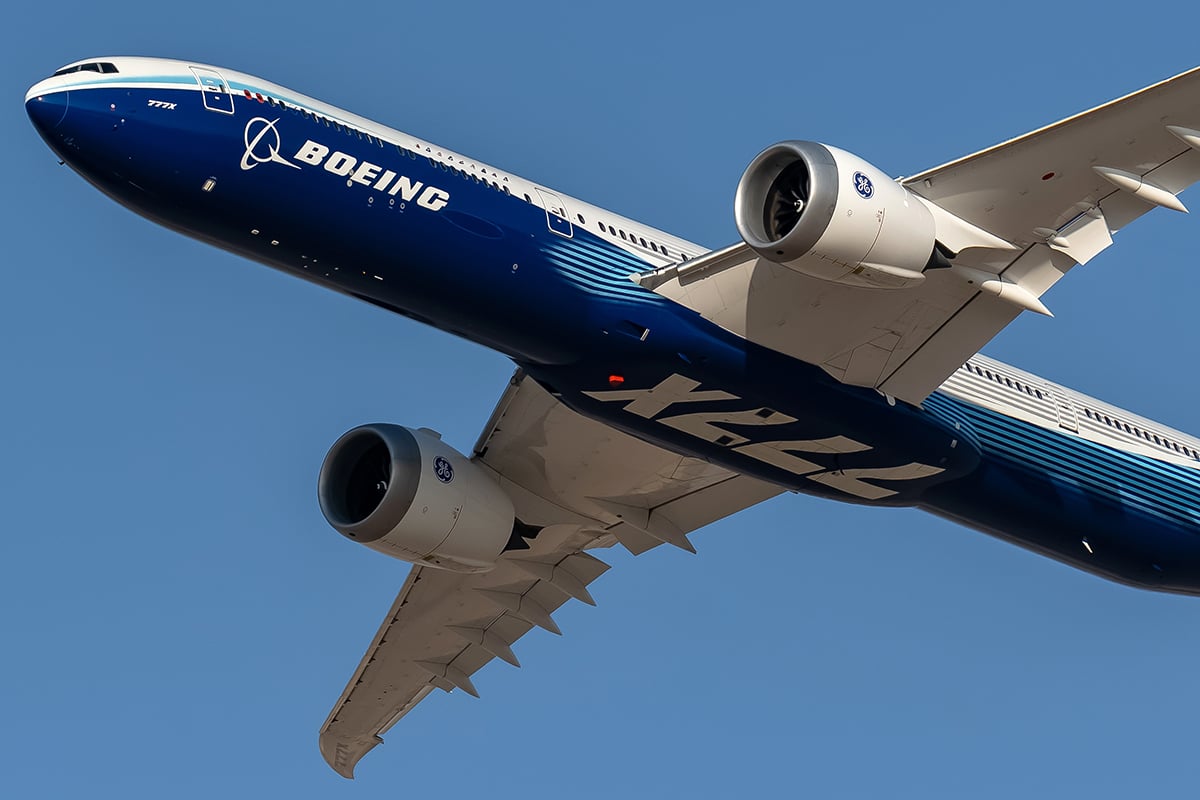The labor strike at Boeing shows no signs of resolution, with workers voting down the company’s latest contract offer. This decision, made on October 23, extends a standoff that began on September 13, freezing production on Boeing’s flagship jetliners, including the 737 Max, 777, and 767. The disruption further intensifies financial pressures on the aerospace giant.
Union representatives stressed that fair wages and the restoration of a traditional pension plan—frozen by Boeing over a decade ago—are key demands. Despite the offer of a 35% wage increase spread over four years, workers found it insufficient given escalating health care costs and the uncertainty surrounding retirement benefits.
Initially, the union demanded a 40% wage increase over three years. Although Boeing’s most recent offer amounted to a 39.8% raise when compounded, the absence of pension restoration became a pivotal issue. Workers argue that the 401(k) plans offered in the proposal fail to provide the financial security needed for a stable retirement, contributing to their frustration and rejection of the deal.
Boeing’s production delays caused by the strike have blocked aircraft deliveries, depriving the company of much-needed cash flow. The company’s third-quarter report revealed troubling numbers, with a staggering $6.17 billion loss and $2 billion in cash burned during the period. Boeing’s $58 billion debt burden compounds its challenges, with the company forecasting that positive cash flow won’t be achieved until the second half of 2025.
CEO Kelly Ortberg, appointed in August, faces mounting challenges from both operational disruptions and the company’s financial struggles. Ortberg has acknowledged that Boeing is at a crucial crossroads, requiring cultural reforms to mend relationships between management and workers. To stabilize operations, he announced layoffs impacting 17,000 employees and outlined efforts to boost cash flow in hopes of averting a bankruptcy filing.
Boeing’s labor conflict coincides with a broader period of turbulence for the company. It is still reeling from the fallout of past safety incidents and ongoing federal investigations. The 737 Max, which plays a central role in Boeing’s product line, has faced production issues and safety concerns since two fatal crashes in 2018 and 2019, which claimed 346 lives. More recently, public scrutiny resurfaced when an Alaska Airlines 737 Max lost a door panel mid-flight, reigniting concerns about aircraft safety.
Ortberg has proposed various initiatives to restore Boeing’s reputation and strengthen relationships between management and factory employees. His plan involves spending more time on production floors to identify operational issues early, aiming to prevent further disruptions. However, rebuilding trust with the workforce remains paramount, as their cooperation is essential for Boeing to meet delivery targets and resume generating revenue.
The company’s handling of its communication strategy has also drawn criticism from the union. Boeing initially announced its “best and final” offer—a 30% pay increase—via the media, giving workers limited time to respond. Although the voting period was eventually extended, union members felt the proposal still failed to meet their expectations. Negotiations stalled earlier in October, leading to the rejection of the latest contract offer.
Boeing has not posted a profitable year since 2018, and the financial impact of the ongoing strike mirrors past labor disputes. In 2008, an eight-week strike cost the company $100 million per day in deferred revenue. Similarly, a 10-week strike in 1995 underscored how damaging these standoffs can be to Boeing’s operations.
With a $500 billion backlog in airplane orders, Boeing remains optimistic about a recovery. However, the strike must be resolved quickly to ensure the company can deliver on these orders. Until an agreement is reached, the pressure on Boeing’s leadership to address worker demands will only increase.
Looking ahead, Boeing’s future hinges on its ability to rebuild trust with employees, improve production efficiency, and restore its reputation for safety. These efforts will be critical in determining whether the company can regain its former position as a leader in the aerospace industry.







